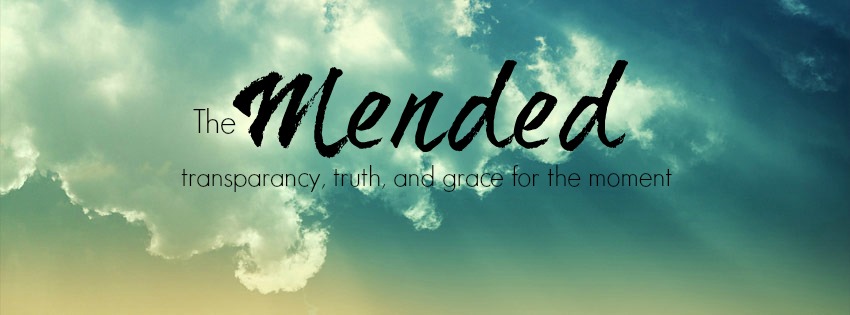---
We don't typically mean to be critical but our judgment usually shows our heart just the same. Sometimes we tear others down because we feel bad about ourselves. Sometimes we point out flaws because we would rather direct attention away from our own. And sometimes we are just proud. Plain and simple.
I am so guilty of this. I would like to think that much of my sin comes from underlying feelings of unworthiness, and that's probably true to an extent, but I also have to face the facts. Being a follower of Christ requires that I take responsibility for my own temptations and poor judgment. Intention does not neutralize impact. Harshness makes us unattractive, especially to those that do not know Christ.
We all do it. ... while driving, while working, while sitting in church. We even use social media to to push perspectives and criticism. Women, I think, are particularly skilled in this area. Most of us are very good at, uh, knowing it all. I know I am. [insert laugh here].
We have our own ways (we call that independence). We have the wisest words (we call that teaching). We have knowledge and experience to advise (we call that correction and discipline). We gossip about other people, "bless her heart" (we call that conversation). The way we label it sounds pretty good, but our true intentions might label it differently. Might. I only know where my own heart falls short.
---
I wanted to share some things that I have been meditating over because I know that I can be ugly sometimes. It's a heart problem. It's a pride problem. -- It's a problem. Let's leave it there. -- And I know that heart change doesn't necessarily require knowledge (of mind) it requires a willingness to grow. It requires teach-ability and it requires a spirit of humility. Even the most seasoned preachers and most knowledgeable scholars have things to learn. Information can come from all sort of people in all sorts of positions, in all walks of life. Some of the most valuable lessons I've learned are from some of the most broken people.
Perhaps unity as the body of Christ is achieved through listening to one another. There is no place for cruelty in the church. We speak in love and we speak with conviction, but not at the expense of respect. A body can easily be torn apart and broken down by the cancer of criticism.
Knowledge
isn't everything. It's attractive, commendable, and necessary ... but
knowledge doesn't win the heart, only love and respect can do that.
With respect to my personal life, I like to think of myself as a critical thinker. I have a lot of thoughts and visions and plans and hopes. And I do try very hard to make people see my point because I feel very strongly about the power of grace in ones life (my life). I also like to win. And I know that at times, I have sacrificed my sweetness. And for that I am sorry. As it turns out, I'm less of of "critical thinker" and more of a "critical stinker", a lot of the time.
---
Here are a couple of differences, that I've been meditating on, between "constructive" criticism (critical thinking) and having a critical spirit:
Critical Thinking sees potential
A Critical Spirit finds fault
Critical Thinking asks questions
A Critical Spirit makes assumptions
Critical Thinking desires understanding
A Critical Spirit wants to be right
Critical Thinking desires growth
A Critical Spirit expects perfection
Critical Thinking appreciates differences
A Critical Spirit devalues other perspectives
Critical Thinking offers grace first
A Critical Spirit offers discipline first
Critical Thinking acts as an advocate
A Critical Spirit acts as [the] judge
Critical Thinking is respectful
A Critical Spirit is arrogant
Critical Thinking is responsive
A Critical Spirit is insensitive
Critical thinking sees the big picture
A Critical Spirit has tunnel-vision
----
I want to be better; for my family and for the people I come into contact with. I want to be a light.
It's hard to know how to find balance grey areas.
What do you think? Do you have a way of drawing the line in your life? It's hard to know how to find balance grey areas.





